Speaking English is undoubtedly one of the most important communication skills a leaner can undertake and the Museum of Knowledge guides its learners through the maze of language learning providers. English is spoken so widely in the world, especially in business therefore learning how to speak English has become increasingly important.
There are many techniques language learners can consider to learn English effectively such as practicing their speaking skills during face-to-face- sessions with bilingual speakers or even taking an online language learning course. However just to speak in another language is not always enough as putting these skills of speaking English into practice is best carried out when students have a good grasp of grammar and syntax.
This additional knowledge will enable students who wish to speak English fluently to really communicate with ease and speak English with a level of competency that can be very useful not only in social occasions but also during critical business negotiations.





